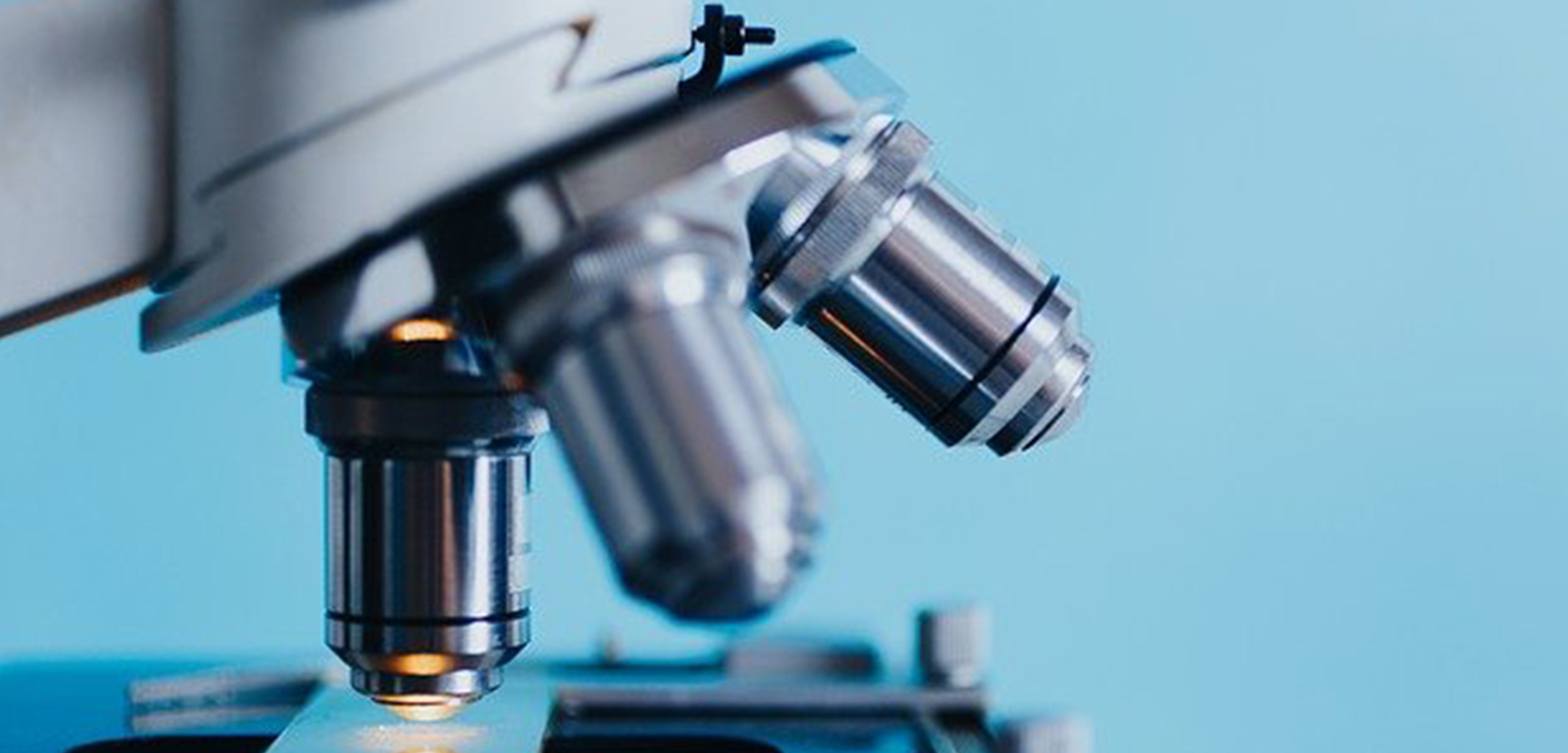Pharmaceuticals
The pharmaceutical industry discovers, develops, produces, and markets drugs or pharmaceutical drugs for use as medications to be administered to patients, to cure them, or alleviate the symptoms. Changing demands calls for superior products with improved functionality and shelf-life. Developing new drugs takes a very long time and costs a lot. There are three stages to this process:
- Discovery: Identifying new compounds that help treat disease
- Development: Administering the new drug to animals and humans to make sure it is safe and effective as a part of clinical trial
- Manufacturing: Producing the new drug in large quantities for distribution Pharmaceutical companies are experiencing a wave of innovations – from new treatment modalities to smart machines, advanced analytics, and digital connectivity. We understand that besides high-quality products, trust, dedication, experienced and trained professionals are essential to the Pharmaceutical industry.
To meet this, huge demand for professionals in the pharmaceutical industry all the way you can count on Life science solutions.
Medical device
A medical device is an instrument, apparatus, implant, machine, tool, in vitro diagnostic reagent, or similar article that is to diagnose, prevent, mitigate, treat, or cure disease or other conditions. During its life cycle, a medical device must go through various phases such as:
Concept and Design: The innovator works out the details for the design and manufacturing of the new device.
Clinical Trials: For some devices (generally class III but not class I or II), clinical trials (studies that involve human participants) are conducted to test whether the device is safe and effective for its intended purpose.
Device review: The investigational device either undergo a review process by the FDA/EU or other regulatory bodies where a medical device is sold or is deemed exempt from review, depending on the device class and what types of similar devices are already on the market.
Device Clearance or approval: Devices that fulfill 510 (k) review process requirements are considered being “cleared.” Devices that meet the safety and effectiveness standards in the PMA process are considered being “approved”.
Post Market Monitoring: The FDA and other regulatory bodies continue to monitor both the side effects and the performance of the device after marketing, primarily by receiving reports of device malfunction or adverse events. Manufacturers also have post-market surveillance requirements specific to different device types.
Life science solutions can efficiently address your requirements in Medical device domain at each and every phase of the medical device.
Biotechnology
Biotechnology is a science-driven industrial sector that makes use of living organisms and molecular biology to produce healthcare-related products. Biotechnology is best known for its increasingly important role in the fields of medicine and pharmaceuticals and is also applied in other areas such as genomics, food production, production of biofuels, etc.
Modern biotechnology continues to make very significant contributions to extending the human lifespan and improving the quality of life through numerous ways, including providing products and therapies to combat diseases, generating higher crop yields, etc. Biotechnology played a major role in combating the covid-19 pandemic, as Biotechnologists were able to develop a vaccine in a very short period.
There is a steady demand for these professionals in many organizations engaged in different industrial Research and Development. Life science solutions can efficiently address your requirements in the Biotechnology domain.
